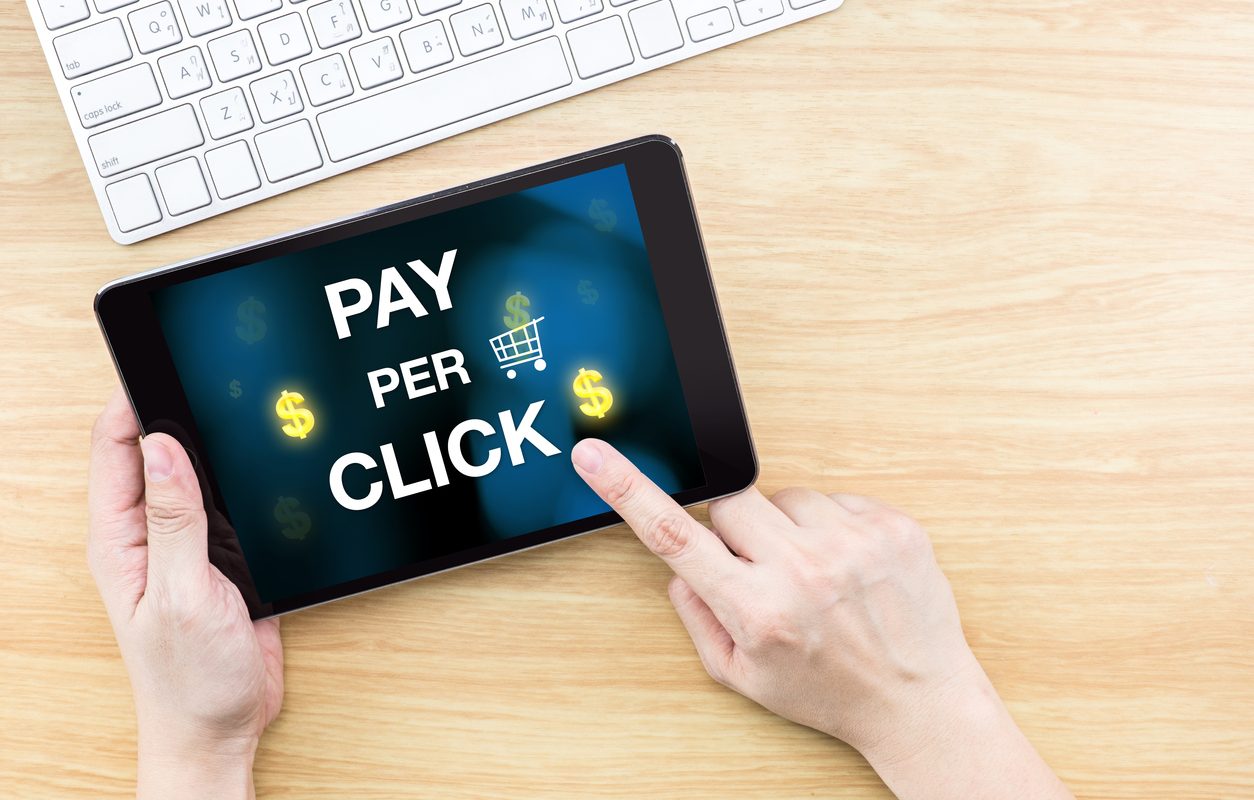
Should Your Business Use PPC in 2015?
Lots of businesses get by without ever using Pay Per Click (PPC) advertising. But they are missing an opportunity. While I obviously don’t recommend it as replacement for organic search it can complement or enhance your other online marketing efforts. And it can be particularly helpful for new businesses or to support specific campaigns. Here’s my take on why you should consider using PPC in 2015.
Generate Leads and Sales Quickly
PPC is your fastest way to generate a lead or sale. You can literally put ads up on a Monday and see traffic and clicks the next day. That’s very powerful. While organic search may provide you with bread and butter traffic, pages take time to rank. Using PPC allows you to create sales orientated landing pages to team up with your ads. These should obviously have some relationship to your site content but it does give you more flexibility.

Testing Keywords and Other SEO Benefits
With Google choosing to hide more and more keyword/phrase data, Adwords role in testing keywords has become more widely appreciated. You can test whether keywords bring traffic and whether they’re ‘money’ keywords.
Google has also acknowledged there’s a relationship between PPC and organic results whereby some organic visits are reliant on PPC clicks. Odd but true. The metrics involved are complex. It’s best just to assume that a well-designed PPC campaign won’t do the performance of your organic rankings any harm.
Specific Targeting Opportunities and Branding
Google Adwords now affords very specific targeting opportunities. That wasn’t always the case. Adwords options for location, time and device now allow business to target an audience with a specific message. So if you’re a takeaway restaurant in Cheadle you can target ads to mobile devices at your peak or off peak periods, exclusively to people who are in proximity to your business.
There’s also a branding positive in promoting your business to audiences.
Protection from Algorithm Changes
The Adwords algorithm isn’t updated as frequently as the organic search engine and its filters, although new features are being introduced thick and fast. I have mentioned there being some sort of relationship between the two. However PPC does offer protection from the ups and downs caused by changes to organic search. While you’re organic traffic is taking a bath, PPC can keep generating business. I always say, when it comes to Google don’t put all your eggs in one basket. PPC is one of the strategies you can use to get yourself out of hot water. I always recommend having at least some familiarity with Adwords. You don’t want to be starting from scratch when you’re in a panic.
Cost and Control
Google Adwords allows you to set your own budget which you can put a daily cap on and you only get charged if someone clicks on your ad. This couldn’t be more different to traditional offline display advertising. The numbers can be changed at any point. There’s a fine art in balancing daily spend with the keywords your bidding on. You may not see big results with a tiny budget if you’ve got too many keywords in your campaign but the important point here is unlike spread betting, you won’t lose your shirt.
Things to Know Before You Start
Contrary to what an agency might tell you PPC is not for life. You can dip in and out of using Adwords as you see fit. What I will say is the Adwords platform is more complex than ever. Really it is. You can be self-taught, but you’ve probably got better things to do, like running your business. If you do bring in professional help, they won’t be able to make a success of your campaign without your input. After all, you know your business and customers better than anyone else.
My top tip? Most Adwords accounts I look at suffer from bloat. They’re running with too many underperforming keywords. Test keywords rigorously and only keep the best so your ads only show for keywords that get a good quality click. All clicks are not equal something DIY advertisers don’t always appreciate.